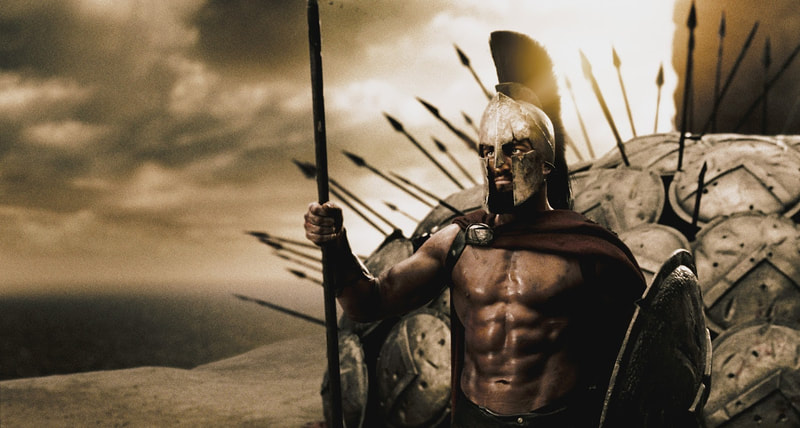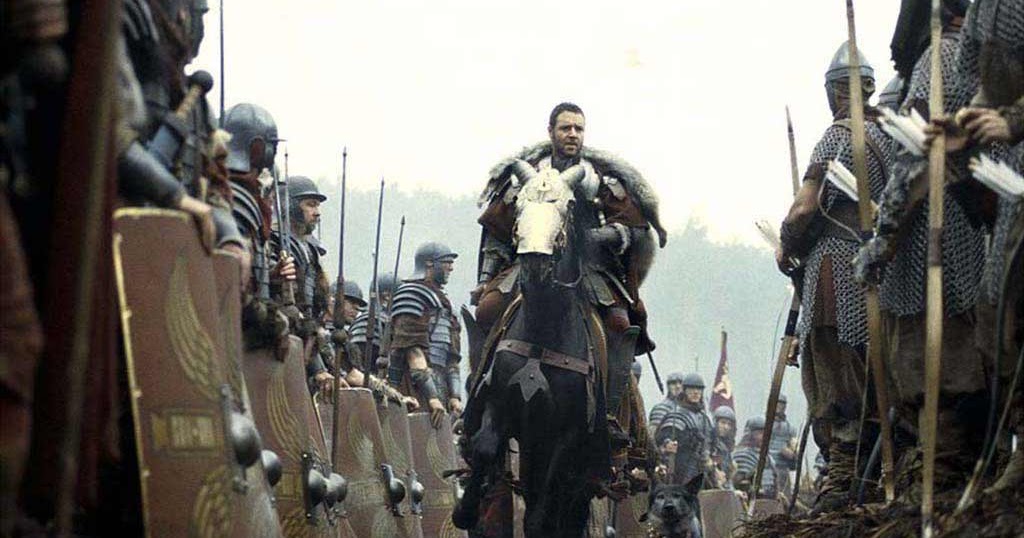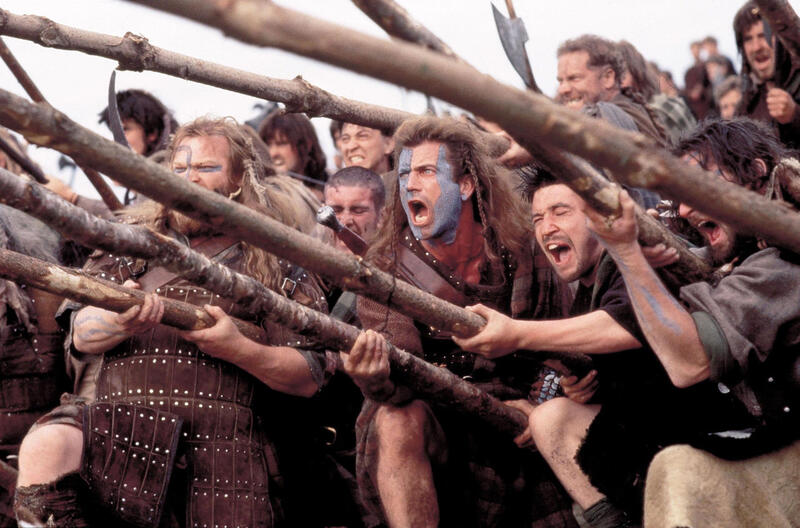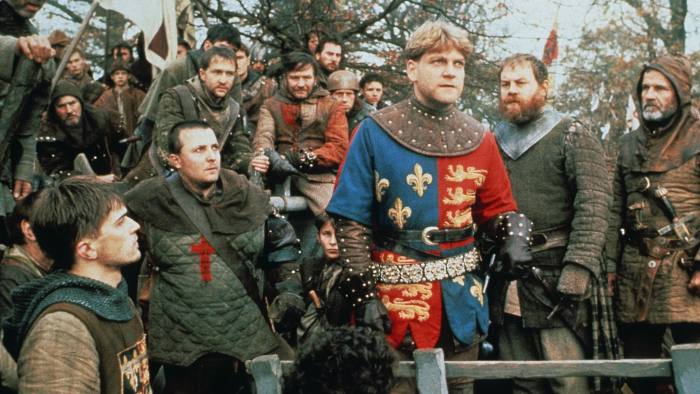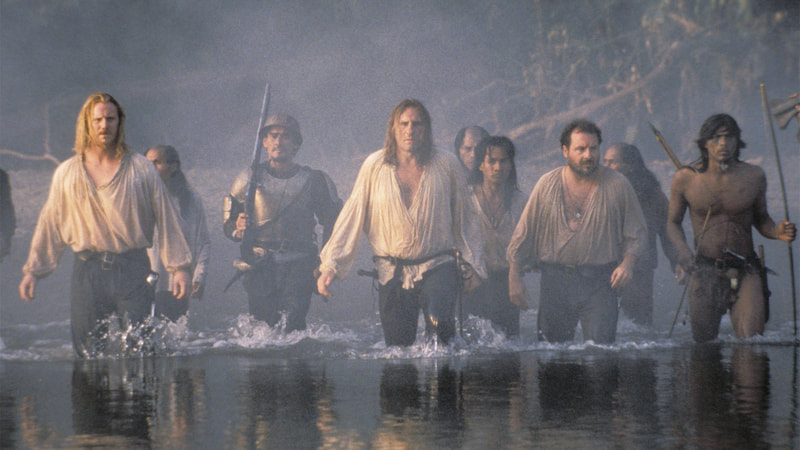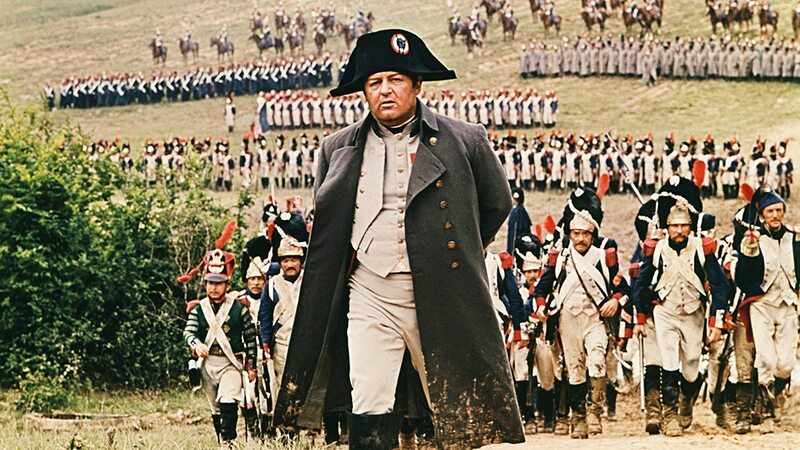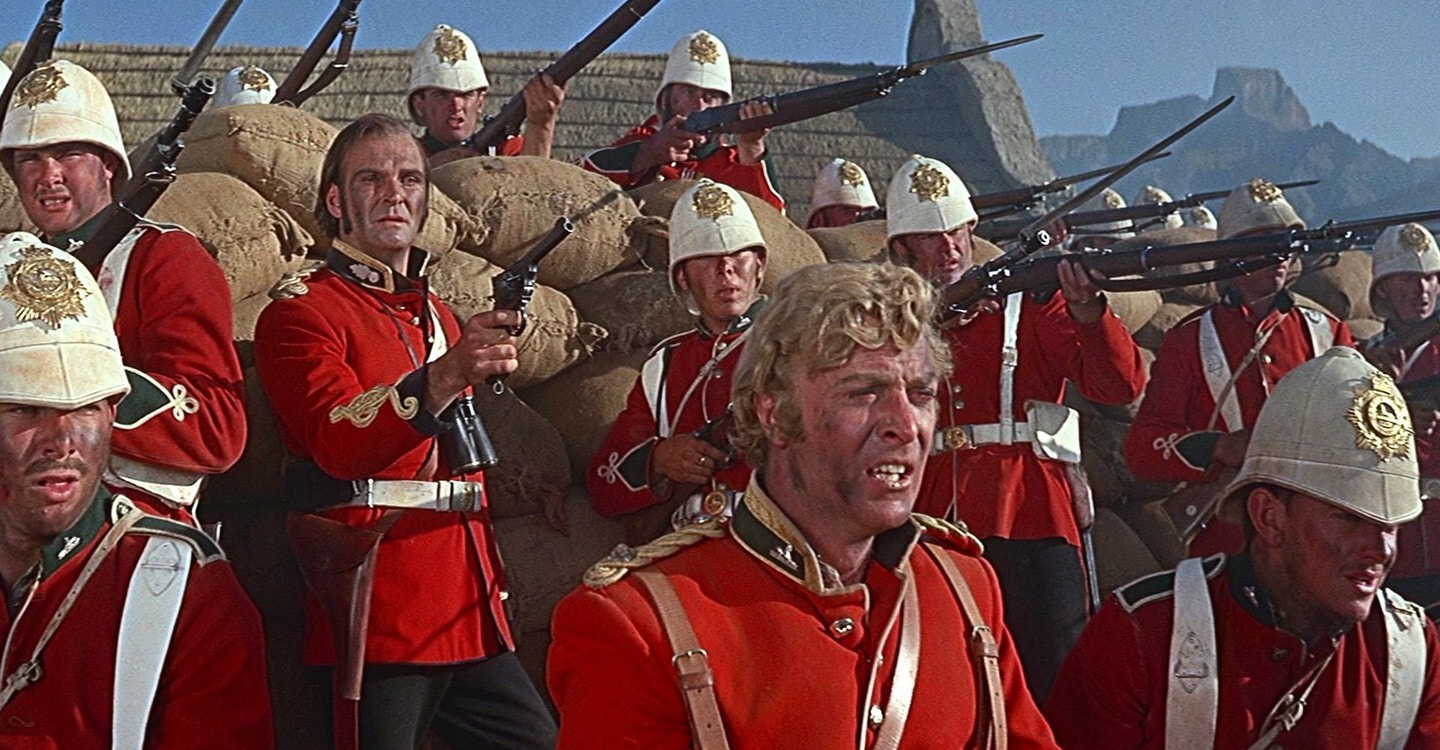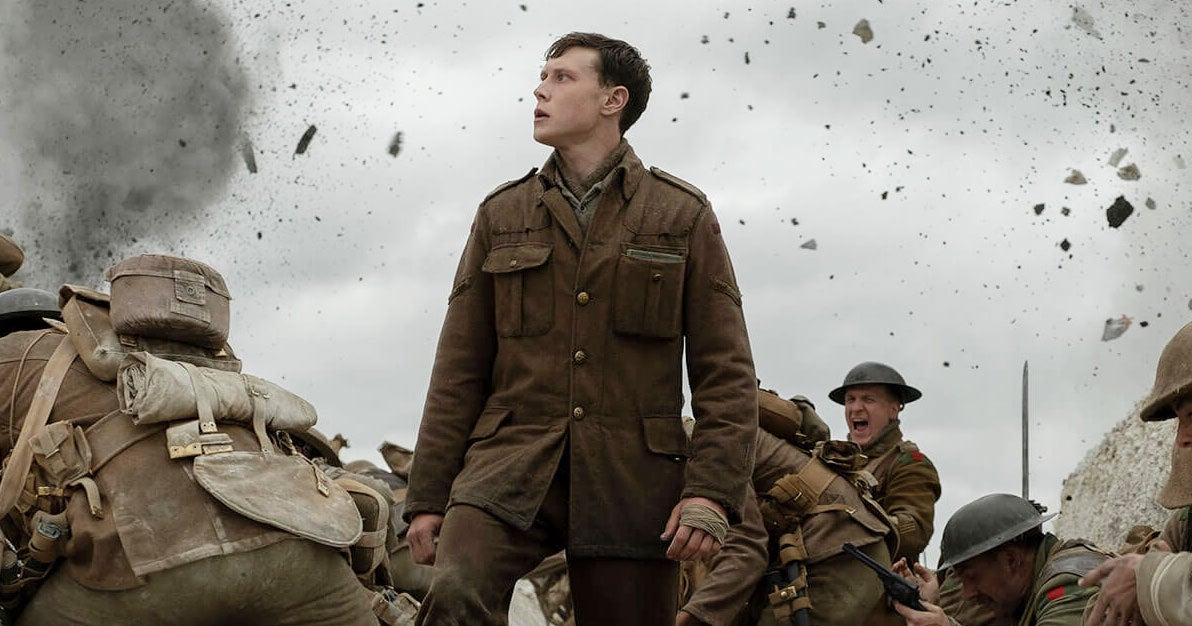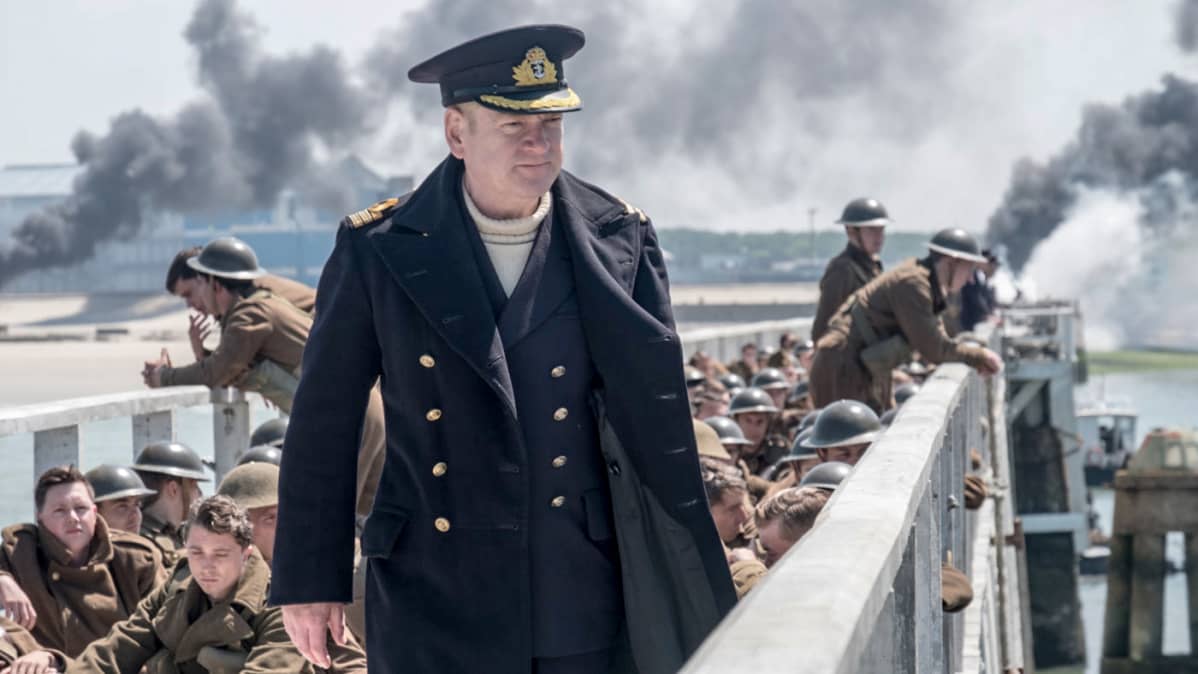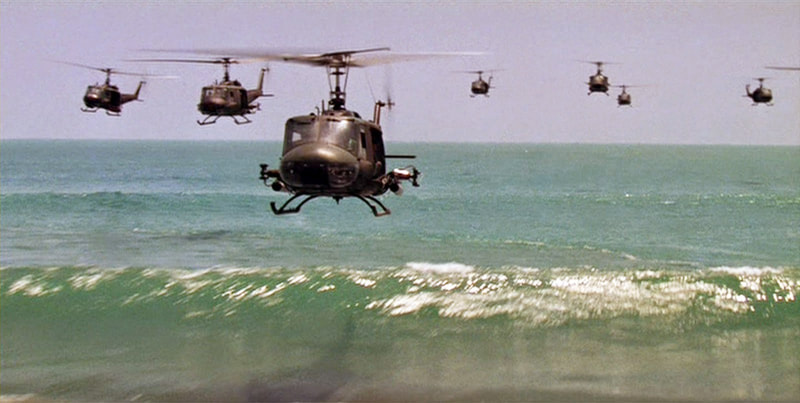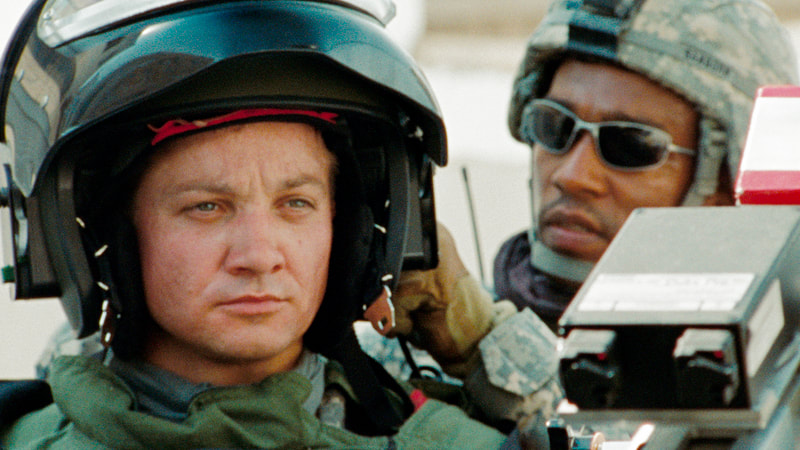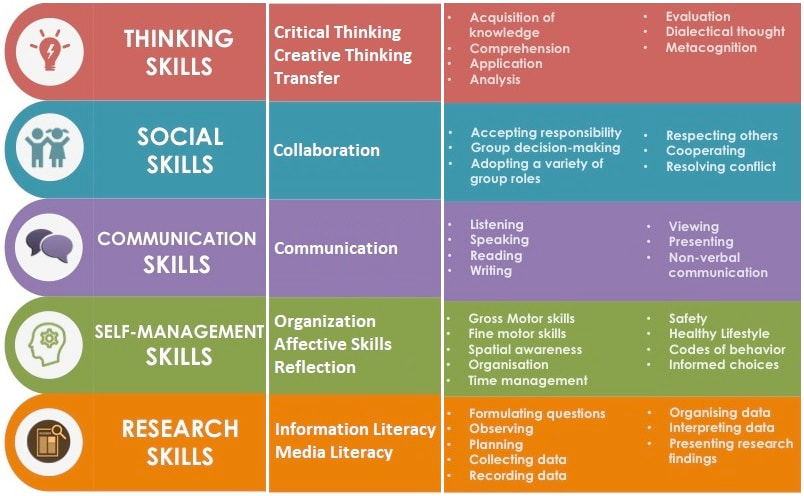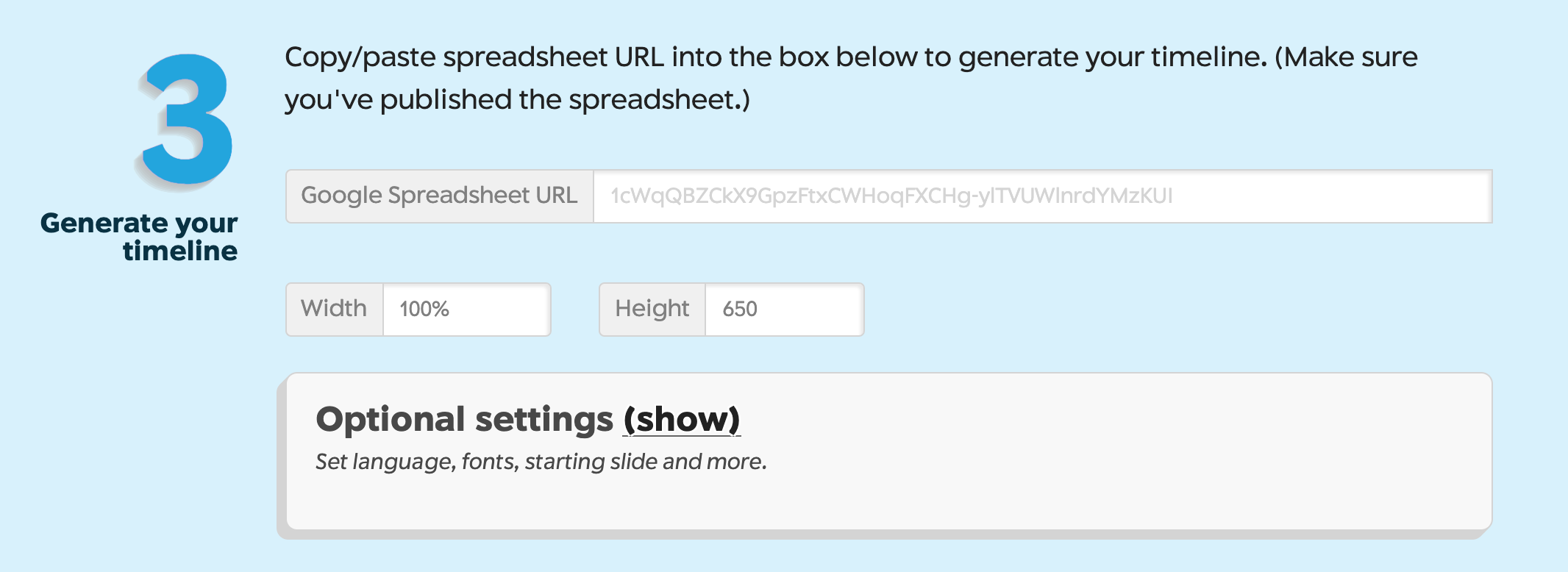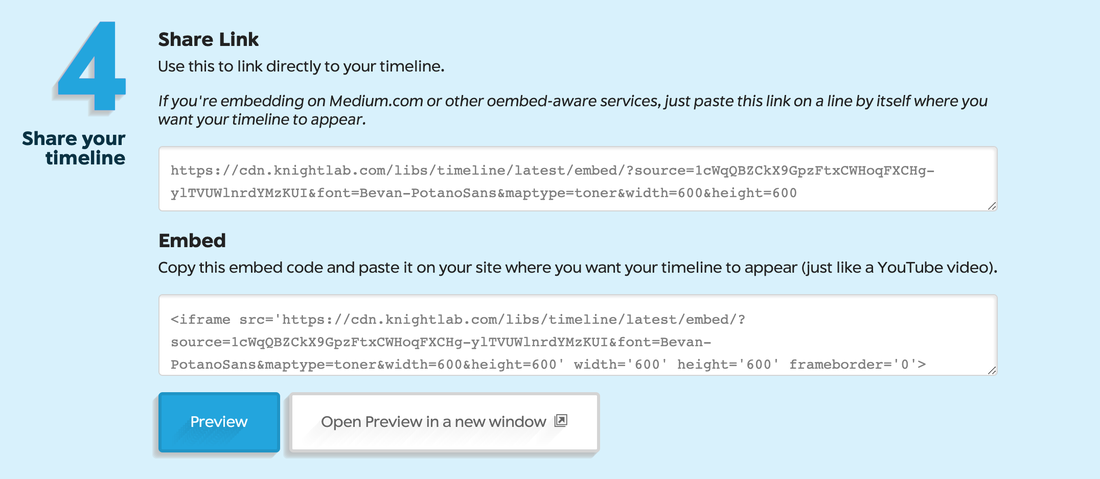Lesson 1 Part 2 continued - War, chronology and movies.
This is the correct chronological order
Extension activity - optional
This unit of study is all about the study of one theme - warfare - over a significant period of time. In order to appreciate the scale and detail of the events we are going to study, you are going to build a digital timeline. The 12 battles/wars covered by this lesson will be the first to be added, other events will be added as we study them. This is what the timeline will look like, I have done the first two events for you.
This unit of study is all about the study of one theme - warfare - over a significant period of time. In order to appreciate the scale and detail of the events we are going to study, you are going to build a digital timeline. The 12 battles/wars covered by this lesson will be the first to be added, other events will be added as we study them. This is what the timeline will look like, I have done the first two events for you.
As you can see, the timeline allows you to navigate across time and to illustrate your text with images and videos. The timeline can grow as you add more and more events to it.
|
In this assignment we are going to consciously refer to the IB's Approaches to Learning (ATL). Last lesson on 'what is history?' we focused very much on thinking skills. This time we are going to prioritise research skills (and a little bit of communication and social skills).
Part 1 - Research. In order to build your timeline you will need to research information. In groups of five, you will research the remaining 10 wars/conflicts that will go into our timeline from the Vikings to the war in Iraq (i.e. each of you will do two each). You will need to find the exact dates where possible, who was involved and what was the outcome. Most importantly you should explain why the event was significant.
|
Each event should have approximately 100 words maximum and the sources of your visual information should be clearly recorded so as to be credited as in the two examples already completed.
Part 2 - Digital Timeline.
Download the spreadsheet and save your own copy ready to be edited. You will need to create a Google (gmail) account if you don't already have one.
This website provides you with details about what to do with your spreadsheet in order to make your timeline. I have already configured the spreadsheet (I hope!) so all you have to do is copy and paste the URL of your version into the box (Step 3). There are different options that allow you to play around with the formatting etc. If you have a website or blog etc. you can embed your timeline, if not you can preview and share the link and paste it into your OneNote/Bloc-note under Lesson 1.
Download the spreadsheet and save your own copy ready to be edited. You will need to create a Google (gmail) account if you don't already have one.
This website provides you with details about what to do with your spreadsheet in order to make your timeline. I have already configured the spreadsheet (I hope!) so all you have to do is copy and paste the URL of your version into the box (Step 3). There are different options that allow you to play around with the formatting etc. If you have a website or blog etc. you can embed your timeline, if not you can preview and share the link and paste it into your OneNote/Bloc-note under Lesson 1.
Part 3 - Reflection
Why do you think cinema has had such an obsession with the subject of war? This needs to be a relatively developed answer that makes a number of points. Think back to the war films you have seen and consider the scenes shown in my edited extract of 12 films above. What sort of stories appeal to an audience? Why do we empathise with the film's characters? Does it matter that these events actually happened? There are no right and wrong answers .
Why do you think cinema has had such an obsession with the subject of war? This needs to be a relatively developed answer that makes a number of points. Think back to the war films you have seen and consider the scenes shown in my edited extract of 12 films above. What sort of stories appeal to an audience? Why do we empathise with the film's characters? Does it matter that these events actually happened? There are no right and wrong answers .

